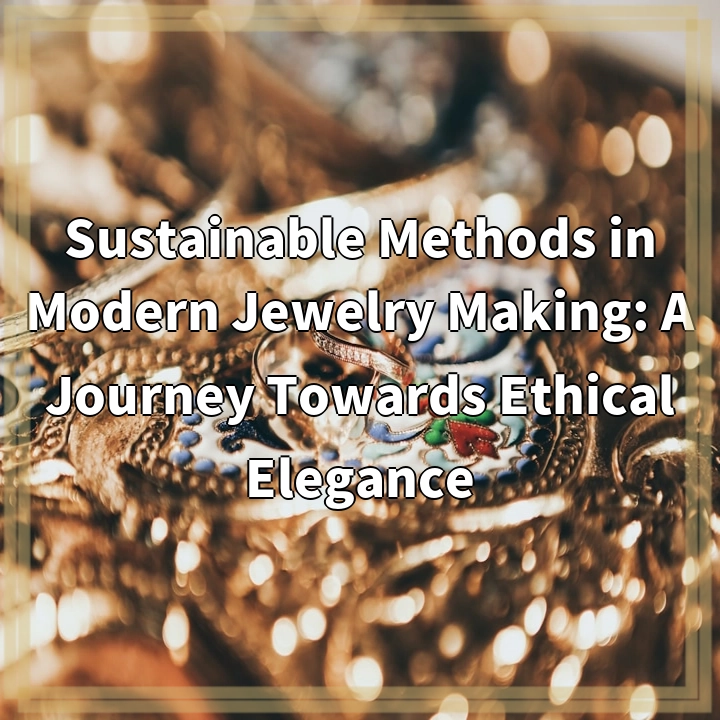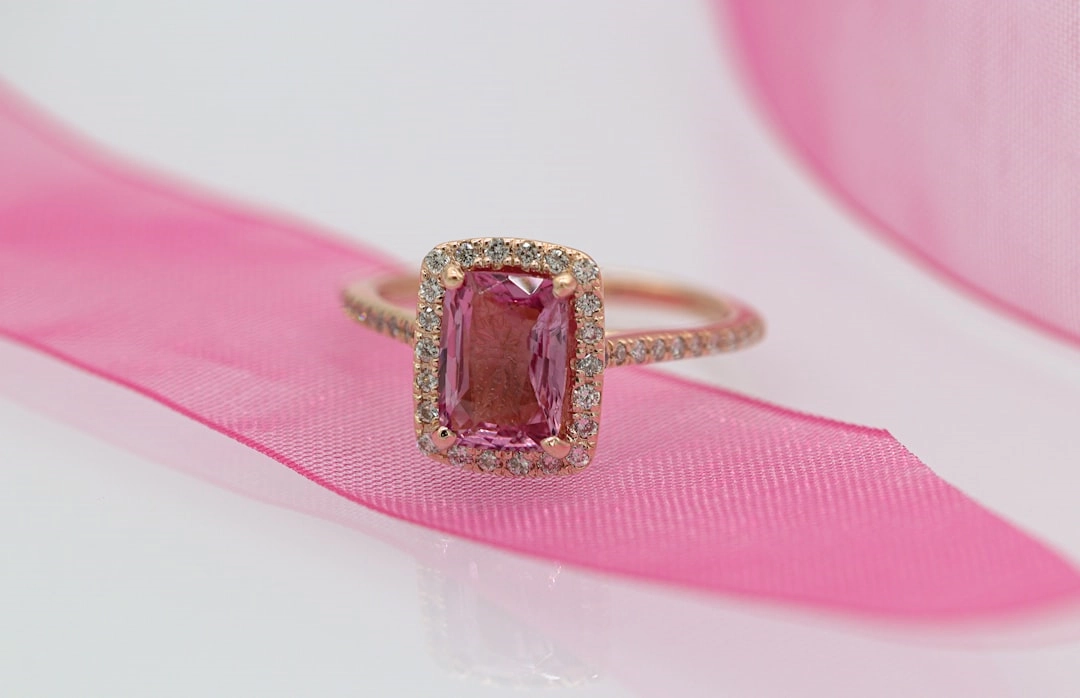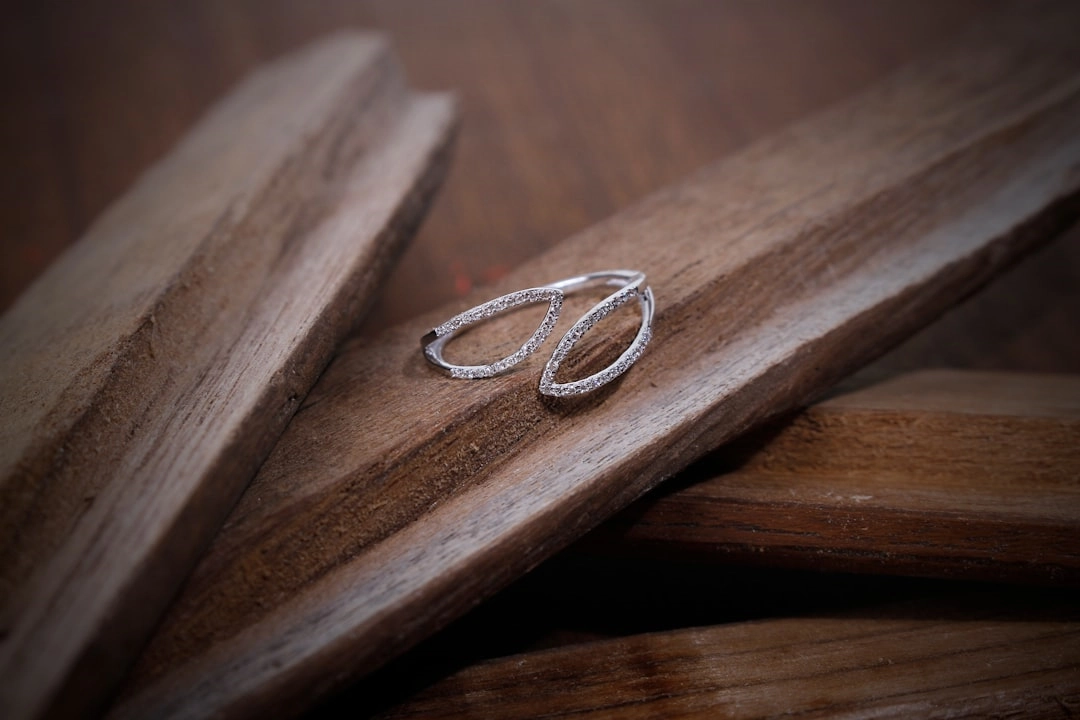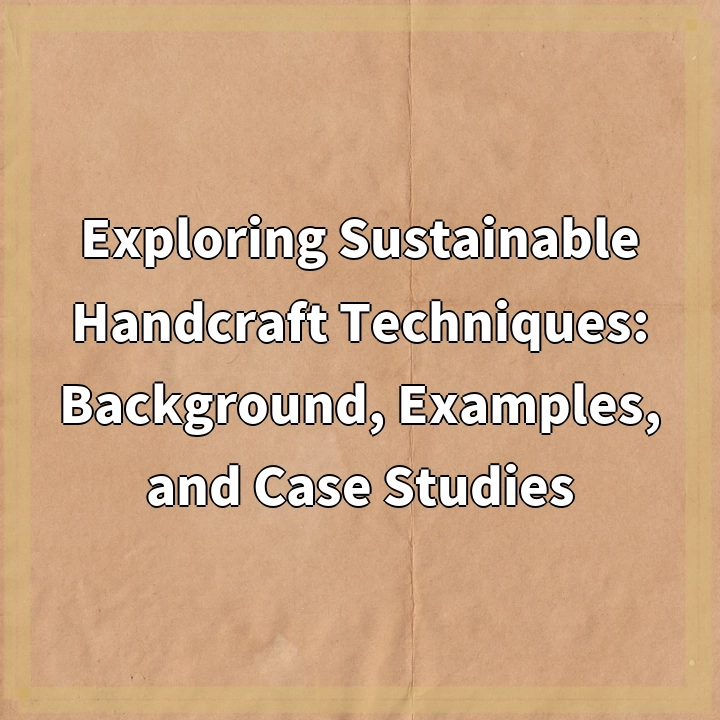
What is Sustainable Methods in Modern Jewelry Making?
Sustainable Methods in Modern Jewelry Making refers to the adoption of environmentally and socially responsible practices throughout the entire process of creating jewelry. It involves using ethically sourced materials, minimizing waste and pollution, ensuring fair labor practices, and promoting transparency and traceability in the supply chain.
Real-World Problems Associated with Sustainable Jewelry Making
While sustainable jewelry making is gaining momentum, there are still several challenges and issues that need to be addressed. These include:
1. Ethical Sourcing:
One of the main challenges is sourcing materials ethically. This involves ensuring that gemstones and metals are obtained from mines and suppliers that adhere to fair labor practices, do not use child labor, and do not contribute to environmental degradation.
2. Traceability:
Maintaining transparency and traceability in the supply chain can be difficult, especially in the jewelry industry where materials often pass through multiple hands before reaching the consumer. Ensuring that materials are sourced responsibly and can be traced back to their origins is crucial in maintaining ethical standards.
3. Waste and Pollution:
Traditional jewelry making processes can be resource-intensive and generate a significant amount of waste and pollution. Adopting more sustainable practices, such as recycling metal scraps, using eco-friendly chemicals, and implementing water and energy-saving techniques, can help minimize the environmental impact of jewelry production.
4. Fair Trade:
Promoting fair trade practices in the jewelry industry is another challenge. Supporting artisans and ensuring they receive fair wages and safe working conditions can be difficult, especially when dealing with global supply chains and complex manufacturing processes.
5. Consumer Education:
One of the biggest obstacles is educating consumers about the importance of sustainable jewelry and the impact of their purchasing decisions. Many people may not be aware of the environmental and social consequences associated with traditional jewelry making, and therefore, may not actively seek out sustainable options.
By addressing these real-world problems and finding innovative solutions, the jewelry industry can gradually transition towards more sustainable methods, paving the way towards ethical elegance.

Solutions for Sustainable Jewelry Making
1. Ethical Sourcing:
To address the challenge of ethical sourcing, jewelry makers can establish partnerships with trusted suppliers and mines that adhere to fair labor practices and environmental standards. They can also opt for recycled materials and lab-grown gemstones as alternative, sustainable options.
2. Traceability:
Maintaining transparency and traceability in the supply chain can be achieved through the use of blockchain technology and certifications such as the Responsible Jewellery Council (RJC) and Fairmined certification. These provide assurance to consumers that the materials used in the jewelry are ethically sourced.
3. Waste and Pollution:
To minimize waste and pollution, jewelry makers can implement eco-friendly production techniques. This includes using recycled metals, reducing chemical usage, implementing proper waste management systems, and adopting energy-efficient practices such as using renewable energy sources.
4. Fair Trade:
Supporting fair trade within the jewelry industry can involve partnering with organizations that promote fair wages and safe working conditions for artisans. This ensures that the entire supply chain, from mine to market, upholds ethical standards and respects the rights of workers.
5. Consumer Education:
Raising awareness among consumers about the importance of sustainable jewelry is crucial. Through marketing campaigns, educational content, and labeling systems, consumers can be educated about the environmental and social impact of their choices. This empowers them to make informed decisions and support sustainable brands.
By implementing these solutions, the jewelry industry can gradually shift towards more sustainable methods, leading to a more ethical and environmentally conscious approach to jewelry making.















